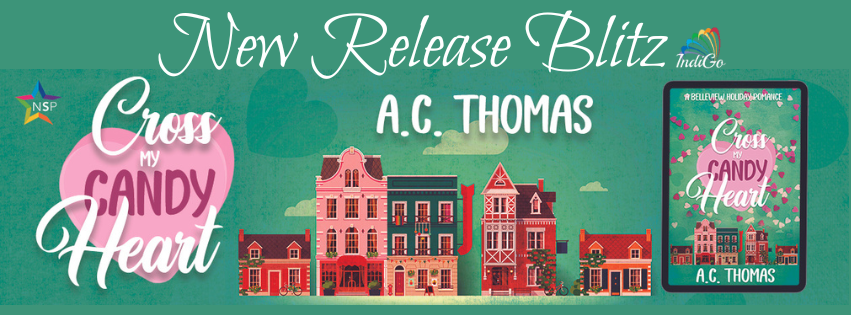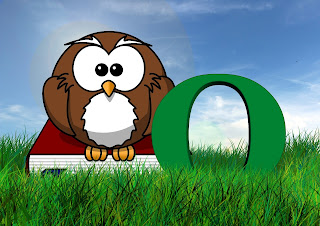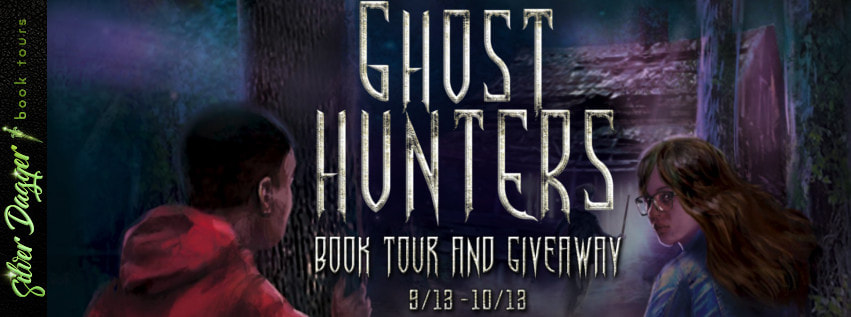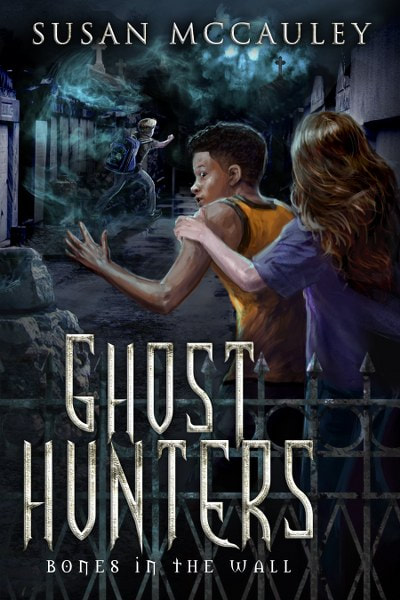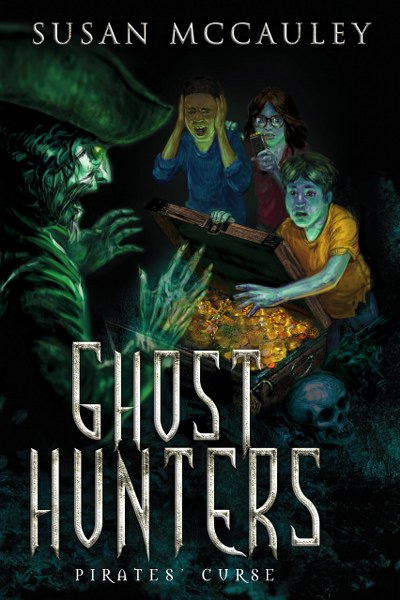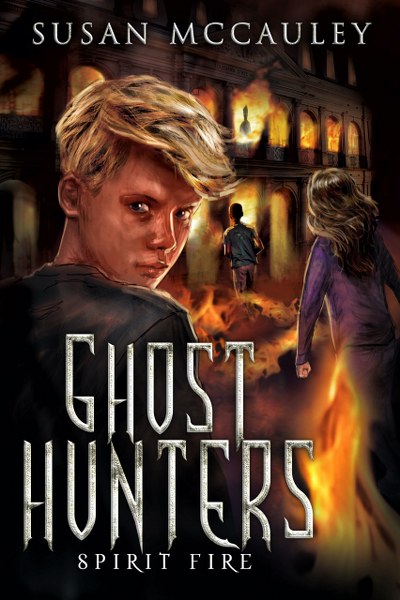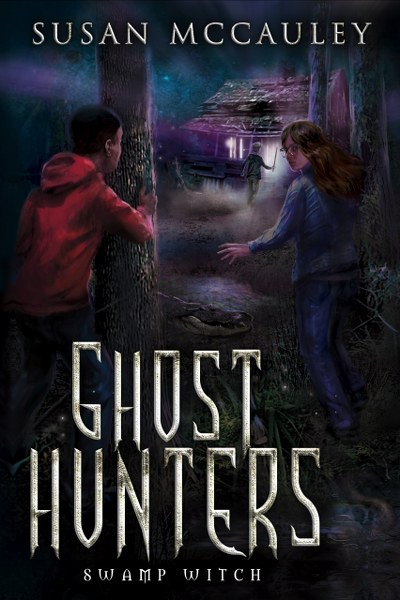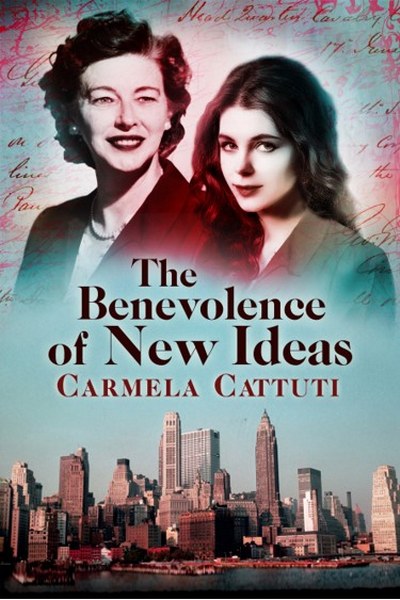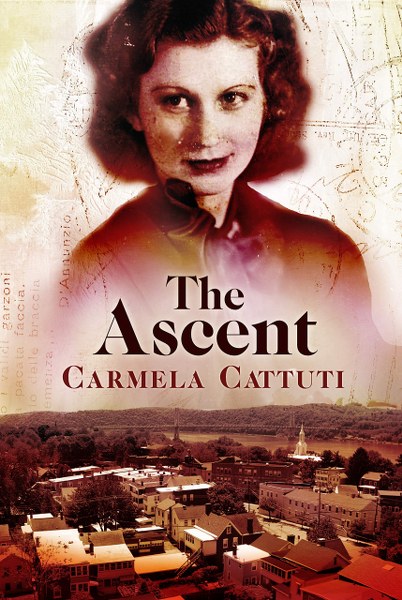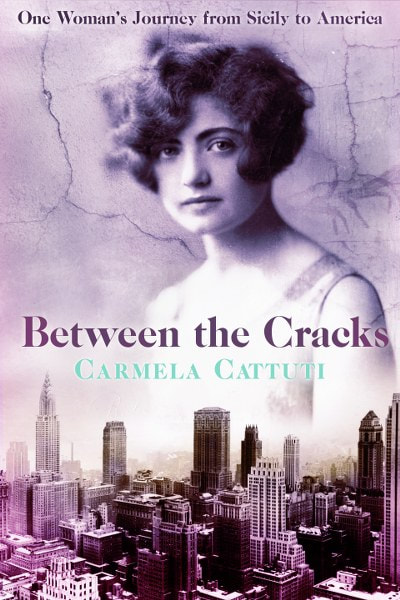
Juvenile Fiction / Holiday
Date Published: 10/20/2020
Publisher: SparkPress
Ever since Dexter and Dougal’s mom passed away, life has been
different—but things take a whole new turn when a shooting star turns
out to be a creature from outer space!
Gobbledy is a fun-filled holiday story that adds up to two brothers, three
friends, unlimited jars of peanut butter, a ketchup factory, and one little
alien far, far from home.
2021 Independent Press Awards Winner in Holiday
2021 IBPA Benjamin Franklin Awards Silver Medal Winner
2021 Book Excellence Awards Finalist in Holiday
2020 New York City Big Book Awards Winner in Holiday
2020 Wishing Shelf Book Awards Gold Medal Winner
2021 15th Annual National Indie Excellence® Awards Finalist
“Hugely entertaining as well as emotionally moving.”
―Kirkus Reviews
“This charming alien-in-the-attic story boasts engaging characters,
witty storytelling, and a furry little beast that will eat anything, all
wrapped up in a warm holiday package.”
―Booklife
“A delightfully entertaining novel by an author with a genuine flair
for originality and the kind of narrative storytelling style that will fully
engage the imaginative attention of appreciative young readers ages 8-11,
Gobbledy by Lis Anna-Langston . . . will prove to be an immediate and
enduringly popular addition to elementary school, middle school, and
community library collections.”
―Midwest Book Review
“In Gobbledy, Lis Anna-Langston offers her readers a sparkling novel
of discovery, adventure, and the abiding consolation of friendship . . .
Eleven-year-old protagonist Dexter’s progress from bumbling
troublemaker to triumphant (but still bumbling) hero is sweet, utterly
convincing, and thoroughly engaging. This novel’s generous heart won
me over from the get-go.”
―John Gregory Brown, acclaimed author of A Thousand Miles from
Nowhere
Excerpt
One
Tiny dots of stars and planets form constellations above my head.
Orion. The bear. The great hunter. I’m only eleven, but I know a
lot about the stars. It’s where my mom lives now. I come out on
cool, clear evenings through the broken window in the attic to lie on
the roof and listen for the sound of her voice.
“Dexter?” A voice whispers to the left of my head.
I look over. My little brother Dougal leans out of the window,
looking first at me, then up into the sparkling sky. “Aren’t you
cold?”
I shrug, feeling the scratchy shingles beneath my jacket. “I like
it out here.”
Dougal swings a leg through the window. Where I’m lying is the
flattest part of the roof. On either side it swoops up so steep that
even I won’t climb it. Dougal stops in the windowsill, letting his
legs dangle. His big personality makes it easy for me to forget that
he’s only eight years old. Eight and a half, he’ll point out.
Still, even for someone almost nine, he looks tiny in the window with
the glow of light from the attic.
When Mom was here, she spent hours in the attic, building a small
replica of the town where we live. She didn’t grow up here. She
said she picked this small town in Pennsylvania because, to her, it
was the most magical place on Earth. Mom had answers for everything.
Maybe that’s why I spend so much time on the roof, hoping to see a
sign that she’s listening.
The Cricket Colony had been Mom’s idea. Since me and my best
friend, Fiona, spend so much time in the forest near our house, she’d
suggested I make adventure a part of my grade. Tomorrow I turn in the
crickets for my end-of-the-semester science project. Then I have to
turn them loose back in the forest, where they’ll make homes under
thick beds of leaves to stay warm. But I’ll miss them a lot.
Dougal shivers. “Dad was weird tonight.”
I nod. “Dad’s been weird every night for a few months now.”
Stars sparkle in the dark sky. We all want her back, even if we don’t
talk about it. Instead, we talk about far-off galaxies.
My little brother points to the sky. “There’s Andromeda.”
It was Mom’s favorite, because you can see it just by lying on a
roof at the end of autumn. Mom said things like, “I believe that’s
a globular cluster,” and “Stars are old.” She said that when
stars die, they sometimes leave a black hole behind to remind
everyone they were alive once. There is definitely a hole in our
family. Not a bad hole, but a big hole. The kind of hole that sneaks
up on me late at night when I remember. So, sometimes, I climb out
here to forget.
My walkie-talkie crackles to life on the flat space next to me.
“Gamma Ray to Cosmic. Come in, Cosmic.”
Dougal leans forward, trying to get a look at the Little Dipper.
I press the button. “Cosmic here.”
“Whew. I thought you’d slipped into another dimension.”
“Hardly. I’m up on the roof.”
Fi is quiet a second; then she says, “Any signs yet?”
“Nope. But sometimes these things take a while.”
“Speaking of taking a while, I gotta wake up super early to finish
my project, so I gotta get some sleep.”
“Got a title yet?”
She laughs. “Nope.” A second passes. “Tell Dougal I said
goodnight, and I’ll be out back in the morning.”
Dougal softly yells, “Goodnight,” over my shoulder and pushes off
to go inside.
Someday I want to be able to sleep under the stars without having to
worry about rolling off the roof. Mom said space is full of magic,
but there isn’t much magic since she left. I guess that’s just
how it is sometimes. I stand up, stretching.
I’m ready for adventure. Except it’s late, and Dad hates it when
I wake him up, going up and down the stairs.
I climb back through the window and look at the attic. An old sofa
with a stack of books on building miniatures; a work table with the
village on top; Mom’s favorite blanket; a cart full of brushes,
glue, and a few big jars like the one I used to make my Cricket
Colony.
Out of the corner of my eye, I see a flash and turn.
There, blazing its way across the dark, is the most incredible
falling star I’ve ever seen. It’s so close, I swear I can hear
the sizzle. I know it’s a sign. I squeeze my eyes shut and make a
wish.
Free use image from Pixabay
Ornery Owl's Review
Rating: Four out of Five Stars
This story does a lot of things well. Dexter is a kid who can't seem to do anything right in the eyes of his father or his teachers. He misses his mother, who passed away. Fortunately, he has a good friend in his neighbor Fi, and his relationship with his younger brother Dougal isn't terrible.
Dexter's life is turned upside down after he places what he believes to be a golden rock in a jar with his cricket colony. The next thing Dexter knows, there is a strange creature in the jar. It is now up to Dexter, Dougal, and Fi to assist the creature, whom they have named Gobbledy because it gobbles up anything they feed it.
Gobbledy is adorable and the kids are plucky outsiders doing their best to get by in less-than-ideal circumstances. All of them have suffered devastating losses and the adults in their lives are too busy and distracted to be as involved as they ought to be. The theme of helping someone in trouble is a positive one. I was thinking I would probably give the book a five-star rating...
Until I read the sort of passage that I dread seeing in a book, especially a book written for a young audience.
Turning the screen around so I can see it, she points at two of the biggest losers I’ve ever seen. They’re both overweight with long, stringy hair. I wrinkle my brow and say, “They look like they’ve been living in a basement eating junk food for pretty much their entire lives.”
“They have,” Fi says, matter-of-fact. Their plump, white faces fill the screen. They’re dressed in camo and holding cameras and other gear. Fi raises an eyebrow.
Appearance shaming is never acceptable, particularly in a book for kids. This passage is, in essence, saying "it's okay to judge others based on what they look like." The passage contains multiple harmful stereotypes.
First, we cannot know what or how much a person eats based on their physique. The only thing one can know about a fat person based on their physique is that they're fat. We have no way of knowing what this person eats, how much of a given food they eat, what medications they may be taking, what physical or psychological conditions they may be dealing with, or whether or not they have dealt with or are dealing with an eating disorder.
I often feel like many authors either think fat people are too stupid and/or uneducated to read so they can write what they want with impunity, that fat people don't really exist, they are plot devices to illustrate Bad Behaviors, or both. I, for instance, can always be used as a bad example, it isn't because I'm fat.
Also, having Dexter describe these guys as "losers" because of their looks--Really? Teaching kids to call other people "losers" is not a positive thing by any stretch of the imagination. Socially awkward people aren't "losers." Fat people aren't "losers." Socially awkward fat people aren't "losers" either.
The two men turn out to be antagonists, but it isn't because they're fat. They're antagonists because they behave antagonistically.
The author could have easily described the men without using harmful stereotypes. Something along the lines of "they were a couple of pale, plump guys with long, stringy hair wearing camo and carrying cameras and other gear" would have given readers a mental picture of the men without pathologizing them.
There are physically attractive people who are "losers" because they treat others terribly. There are plain-looking, socially awkward fat people who are not losers but are simply trying to get by in a world that hasn't treated them kindly. I wish that writers, particularly those who are creating stories for a younger audience, would stop encouraging the idea that it's okay to be hateful towards another person or make assumptions about them based on their appearance.
Imagine being a socially awkward fat kid reading the passage above.
Now you may be able to understand why it bothers me so much.
I am also not keen on the "losers who dwell in their parent's basement" trope. My own son, who is neither thin nor fat but somewhere in between, is high-functioning autistic. Just talking to him, most people would not realize he was autistic. He presents as "normal," whatever normal is. However, he has never been able to hold a "normal" job thanks to anxiety, in part due to overstimulation of his senses.
My son is cognizant of things that make no impression on me. He is hyper-aware of sounds such as those from the washing machine and dryer. He gave me his fiber optic Christmas tree because, for him, the light pattern changes too quickly and is overstimulating. I find the change in the light pattern soothing.
Now for the clincher. My son does not "dwell in my basement." After years of working physically demanding jobs, my health took a serious downturn, and then I suffered a physical injury. I moved into his small townhouse and slept on his couch because I couldn't work anymore. We now both live in a small rural town in an old house purchased by his father (my ex-husband.) He lives on the upper floor and I live in a room on the main floor.
I hope that in the future the author will refrain from appearance shaming and describing people who do not fit Hollywood standards of attractiveness and success as "losers." Such tropes are hurtful and severely detracted from an otherwise wonderful and uplifting story about a group of unique characters triumphing over painful and devastating circumstances.
About the Author

Lis Anna-Langston was raised along the winding current of the Mississippi
River on a steady diet of dog-eared books. She attended a Creative and
Performing Arts School from middle school until graduation and went on to
study Literature at Webster University. Her two novels, Gobbledy and Tupelo
Honey have won the Parents’ Choice Gold, Moonbeam Book Award,
Independent Press Award, Benjamin Franklin Book Award and NYC Big Book
Awards. Twice nominated for the Pushcart award and Finalist in the
Brighthorse Book Prize, William Faulkner Fiction Contest and Thomas Wolfe
Fiction Award, her work has been published in The Literary Review, Emerson
Review, The Merrimack Review, Emrys Journal, The MacGuffin, Sand Hill Review
and dozens of other literary journals. She draws badly, sings loudly, loves
ketchup, starry skies & stories with happy aliens.
Contact Links
Website
Instagram
BookBub
GoodReads
Amazon Author Page
IMDB
Purchase Links
Amazon
Barnes and Noble
Kobo
iBooks
Alibris
IndieBound
Books A Million
a Rafflecopter giveaway
